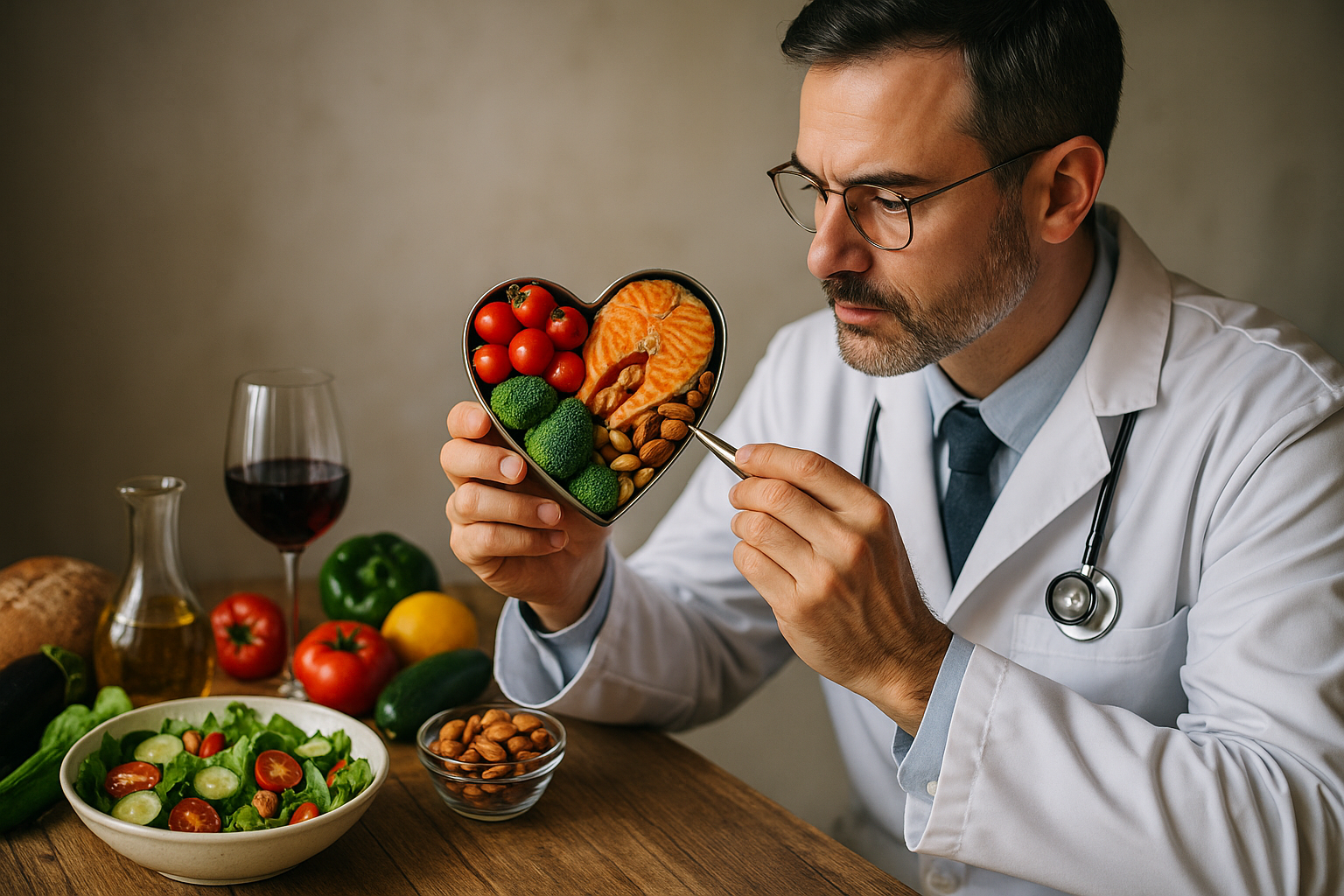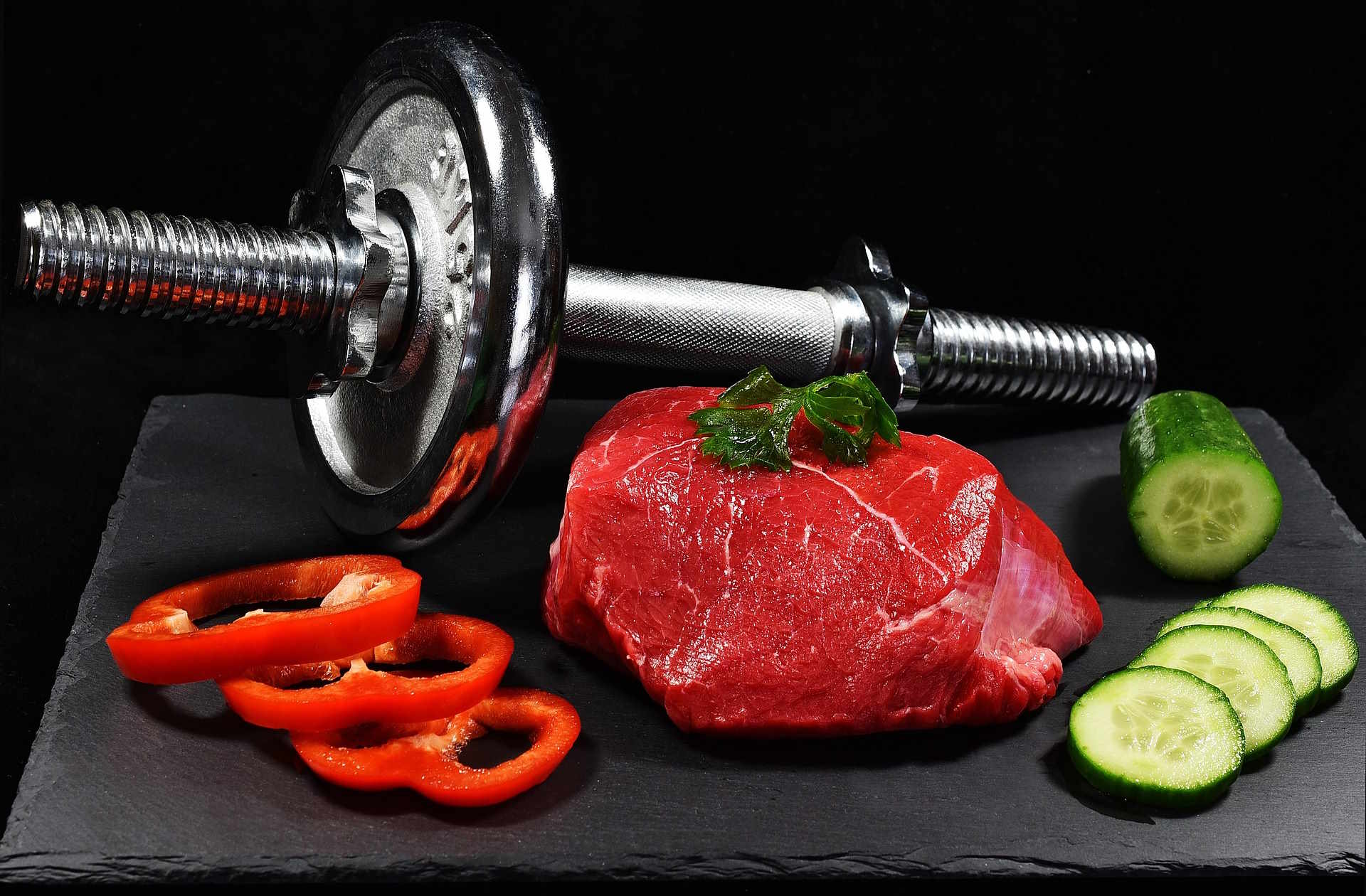Foods to Avoid for Macular Degeneration and Better Eye Health
Maintaining good vision begins with mindful eating, especially for those concerned about macular degeneration. In 2025, experts highlight that certain foods high in saturated fats or added sugars may contribute to eye health challenges, while balanced nutrition can help support long-term vision wellness. Knowing which foods to limit is a simple, proactive step toward maintaining healthier eyesight over time. This information is for general educational purposes and does not replace professional medical advice.

Macular degeneration is a progressive eye condition that affects the macula, the central part of the retina responsible for sharp, detailed vision. As the condition advances, it can significantly impact central vision, making everyday activities like reading, driving, and recognizing faces increasingly difficult. While age is the primary risk factor for developing macular degeneration, lifestyle choices—particularly diet—can influence both the development and progression of this condition. Making informed dietary decisions may help maintain eye health and potentially slow vision deterioration.
Foods High in Unhealthy Fats and Their Impact on Vision
Research suggests that certain types of fats may contribute to macular degeneration progression. Processed foods containing trans fats and high levels of saturated fats can promote inflammation and oxidative stress throughout the body, including the eyes. These unhealthy fats are commonly found in fried foods, commercially baked goods, processed snacks, and certain margarines. Studies indicate that regular consumption of these foods may increase the risk of developing advanced macular degeneration compared to diets lower in these fats. Instead, incorporating healthy fats from sources like olive oil, avocados, and fatty fish can provide anti-inflammatory benefits that support eye health.
Sugar and Refined Carbohydrates: Vision Health Concerns
The consumption of foods with high glycemic index (GI) values may negatively impact eye health and potentially accelerate macular degeneration. White bread, white rice, pastries, and sugary beverages cause rapid spikes in blood sugar levels, which can lead to inflammation and oxidative stress. Research published in the American Journal of Clinical Nutrition has linked high-GI diets with an increased risk of advanced macular degeneration. For better eye health, nutrition experts recommend replacing refined carbohydrates with whole grains, legumes, and vegetables that provide steady energy without dramatic blood sugar fluctuations. These lower-GI alternatives also deliver more fiber and nutrients beneficial for overall health.
Sodium-Rich Foods and Their Effects on Eye Health
Excessive sodium consumption may contribute to macular degeneration by affecting blood pressure and potentially disrupting fluid balance in the eye. High-sodium foods to limit include processed meats, canned soups, fast food, packaged snacks, and condiments. Research suggests that high salt intake may exacerbate certain risk factors associated with macular degeneration, such as hypertension. A diet plan for macular degeneration typically recommends keeping sodium intake within healthy limits—generally under 2,300 mg daily for most adults, with some healthcare providers suggesting even lower targets for those with existing eye conditions or cardiovascular issues.
Alcohol and Caffeine: Moderation for Vision Protection
Excessive alcohol consumption may increase oxidative stress and deplete important nutrients that protect eye health. Research indicates that heavy drinking may be associated with an increased risk of age-related macular degeneration. Similarly, while moderate caffeine consumption appears safe for most people, excessive intake may affect blood flow to the eye and potentially impact intraocular pressure. Macular degeneration diet tips often emphasize moderation with these beverages. Experts typically suggest limiting alcohol to one drink daily for women and up to two for men, while being mindful of caffeine consumption, particularly for those with existing eye conditions or glaucoma.
Nutrition and Eye Health Awareness: Foods to Prioritize
While avoiding certain foods is important, equally crucial is incorporating vision-supporting nutrients into your diet. Foods rich in antioxidants—particularly lutein and zeaxanthin—help filter harmful blue light and protect the macula. Dark leafy greens like kale and spinach, along with yellow and orange fruits and vegetables, are excellent sources of these protective compounds. Omega-3 fatty acids found in fish like salmon and sardines offer anti-inflammatory benefits that may help prevent or slow macular degeneration progression. Vitamin C (found in citrus fruits), vitamin E (in nuts and seeds), and zinc (in legumes and seafood) also play important roles in maintaining eye health and potentially reducing macular degeneration risk.
Diet Plan for Macular Degeneration in 2025: Latest Recommendations
Recent nutritional research has refined recommendations for those looking to protect their vision through dietary choices. The AREDS2 (Age-Related Eye Disease Study 2) formula continues to guide supplementation approaches, but food-based strategies have evolved with new research. Current guidance emphasizes a Mediterranean-style eating pattern rich in colorful fruits and vegetables, whole grains, legumes, fish, and olive oil. This approach naturally limits many of the problematic foods while providing abundant protective nutrients. Emerging research is also investigating the potential benefits of specific phytonutrients like resveratrol and quercetin, found in foods such as grapes, berries, and apples. Personalized nutrition plans based on genetic factors may become more common in 2025, as scientists better understand how individual genetic variations affect nutrient metabolism and eye health.
Managing Food Choices in Social Settings
One challenge in maintaining a macular degeneration-friendly diet is navigating social situations and restaurant meals. When dining out, consider strategies like reviewing menus in advance, requesting food preparation modifications (such as grilling instead of frying), and being mindful of portion sizes. At social gatherings, focus on vegetable-based appetizers, lean proteins, and fruits while limiting processed snacks, desserts, and alcohol. Remember that occasional indulgences won’t likely cause significant harm—consistency in your overall dietary pattern matters more than individual meals. Communication with friends and family about your dietary priorities can help ensure social eating remains both enjoyable and supportive of your eye health goals.
Maintaining eye health through dietary choices requires a balanced approach that focuses on both foods to include and those to limit. By reducing consumption of unhealthy fats, refined carbohydrates, excessive sodium, and moderating alcohol and caffeine intake, you may help protect your vision and potentially slow macular degeneration progression. Equally important is ensuring adequate intake of protective nutrients through a varied, colorful diet rich in fruits, vegetables, whole grains, and healthy proteins. Remember that dietary changes should complement, not replace, regular eye examinations and any treatments recommended by your eye care professional.
This article is for informational purposes only and should not be considered medical advice. Please consult a qualified healthcare professional for personalized guidance and treatment.




